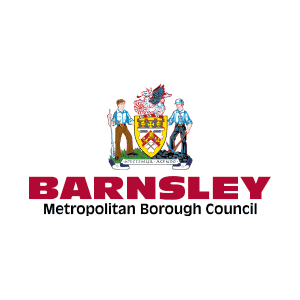Barnsley has received notification from the Department for Environment, Food and Rural Affairs (DEFRA) confirming that two dead wild birds have tested positive for avian influenza (bird flu).
The birds were found at:
We have been in contact with…

Barnsley has received notification from the Department for Environment, Food and Rural Affairs (DEFRA) confirming that two dead wild birds have tested positive for avian influenza (bird flu).
The birds were found at:
We have been in contact with…